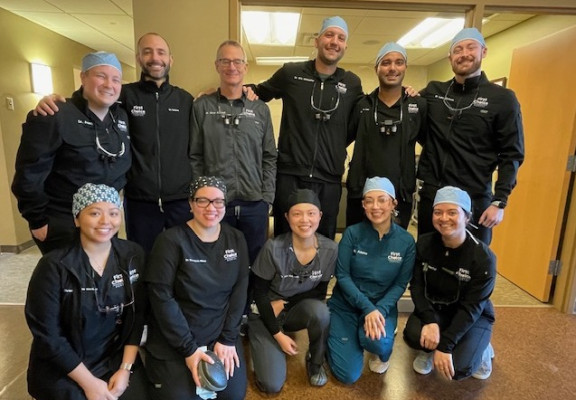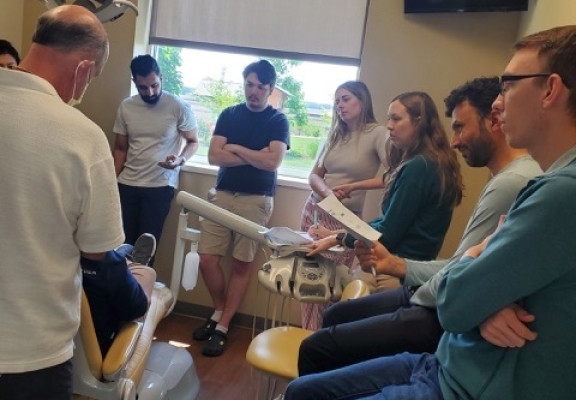Root Canals



Do you think you or a loved one need a root canal?
You may need a root canal if you experience one or more of these symptoms:
- Severe tooth pain when chewing or applying pressure
- Prolonged sensitivity or pain when exposed to hot or cold temperatures (after the hot or cold has been removed)
- Discoloration or darkening of the tooth
- Swelling and tenderness in the nearby gums
- Persistent or recurring pimple on the gums
If you think you need a root canal, we know what you're going through and don't need to go through it alone! At First Choice Dental, we are experts at providing gentle, comfortable endodontic care.
The difference an endodontic specialist can make
Endodontists:
- Receive 2+ years of specialized training specifically for root canal treatments in addition to dental school
- Often have more advanced equipment at their fingertips, which results in typically shorter or fewer appointments
- Are experts in pain management, which is helpful since many root canal diagnoses begin with patients experiencing pain

Real patients. Real reviews.
Extremely accommodating and friendly!! Helpful and informative!! LOVE THIS PLACE.
Stephanie Z. PatientEveryone has always been extremely helpful and flexible with me and my crazy schedule.
Robyn D. PatientThis place is 100x better than any other dentist I've been to and I thought I had a good dentist already. I appreciate the care you provide me and my family.
Nadia F. Patient
What you need to know about Root Canals:


A root canal either repairs or saves a badly decayed or infected tooth. During a root canal procedure, the nerve and pulp are removed, and the inside of the tooth is cleaned and sealed.


You’re not alone. No one wants a root canal. Our endodontic patients, however, are usually surprised by how uneventful a root canal at First Choice Dental really is. And as any good endodontist will attest, not getting a root canal when you need one can be harmful to your health, and may cause additional problems that will eventually need to be addressed. In other words, the longer you wait, the more your oral health can deteriorate.


Without a root canal, the tissue surrounding the tooth will become infected and abscesses may form.
An abscess occurs when the infection spreads all the way past the ends of the roots of the tooth. In addition to an abscess, an infection in the root of a tooth can also cause swelling, bone loss, and drainage problems.


The only alternative to a root canal is having the tooth extracted and replaced with a bridge, implant, or removable partial denture to restore chewing function and prevent adjacent teeth from shifting. These alternatives are more expensive than a root canal and require more treatment time.


Get a regular dental checkup every six months if you’re healthy, and more often if your gum health requires it. In between checkups, brush and floss regularly to avoid plaque build-up. In addition, if you or a loved one is involved in athletics, you can reduce sports-related injury by wearing any dentist-approved mouth guard.

Schedule an Appointment
Think you need a root canal? We offer this service at multiple locations. Call us to learn more.
621 S Park St.
Madison, WI 53715
Get Directions >
Phone: 608.251.3535
1141 Simon Crestway
Waunakee, WI 53597
Get Directions >
Phone: 608.849.5600
Celebrating Excellence: Dr. Andrea Geffin Achieves Board Certification in Periodontology
June 11, 2025
We are thrilled to announce a major milestone within our specialty team—Dr. Andrea Geffin has officially achieved Board Certification in Periodontology! Read More
Investing in Excellence: How Continuing Education Shapes the Care We Provide
June 11, 2025
At First Choice Dental, we’re committed to more than just treating teeth—we’re dedicated to delivering exceptional care that evolves with the latest advancements in dentistry. One of the ways we uphold that commitment is through ongoing training and mentorship opportunities for our team. Read More
Expanding Our Expertise to Better Serve Our Patients
June 11, 2025
At First Choice Dental, we believe that learning never stops—especially when it comes to providing the highest level of care for our patients. This past weekend, a group of our dedicated doctors and dental assistants participated in an in-depth training focused on treating jaw discomfort, clenching and grinding, and sleep-related breathing concerns. Read More



